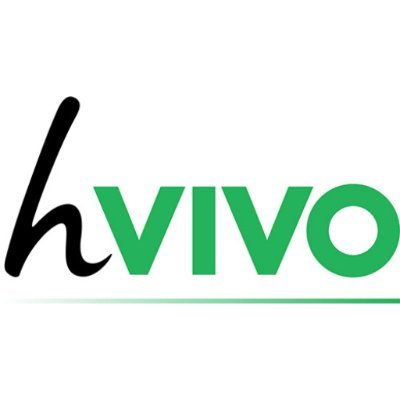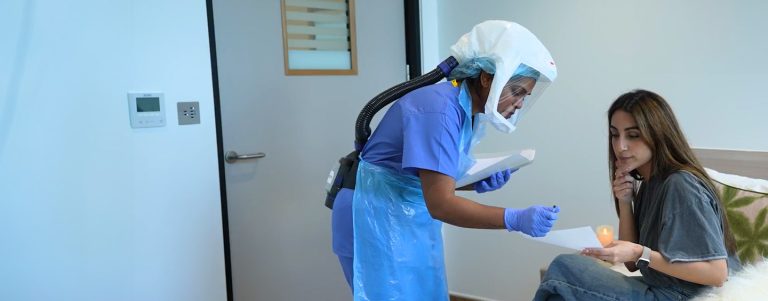hVIVO’s latest studies, presented at the ESCMID 2025 Conference, demonstrate the powerful utility of immunomodulators in human challenge models using wild-type viruses. These trials, which replicate natural infection conditions, offer a unique opportunity to observe the interplay between viruses and host immune responses in real-time. In two distinct cohorts—healthy adults infected with Influenza A and asthmatic individuals challenged with human rhinovirus (HRV-16)—investigators identified specific immunological signatures and clinical endpoints that illuminate the mechanisms of disease progression and response to treatment.
The Influenza challenge involved 27 healthy adults screened for low pre-existing immunity. Of these, 56% became infected, with 21% developing febrile illness. A subset of 25 participants underwent in-depth blood transcriptomic and biomarker analysis. These revealed distinct inflammatory profiles correlated with symptom severity. Elevated markers such as CCL8, CXCL10, and IL1β rose in tandem with viral load, symptom intensity, and temperature spikes. Notably, this detailed immunophenotyping allowed investigators to categorise participants into febrile and afebrile phenotypes, each showing differing magnitudes of systemic inflammation and viral shedding. These findings validate the ability of human challenge models to provide robust endpoints for evaluating the efficacy and mechanism of action of immunomodulatory therapies.
Parallel studies in asthmatic volunteers challenged with HRV-16 offered similarly rich insights. Among 13 inoculated patients, 11 developed infection. Of these, four experienced a clinically meaningful loss of asthma control, defined by a ≥0.5 change in the Asthma Control Questionnaire. This subgroup showed pronounced lower respiratory tract (LRT) symptoms, peak expiratory flow (PEF) declines, and notable changes in inflammatory biomarkers and blood immune cell counts. Importantly, the onset of upper respiratory tract (URT) symptoms and inflammation consistently preceded LRT involvement, suggesting a window for early intervention with targeted immunomodulators. These findings underscore the potential for post-exposure or pre-symptomatic treatment strategies that could dramatically improve outcomes in respiratory virus-triggered asthma exacerbations.
Both studies reveal tightly coupled viral kinetics and immune responses, forming a solid foundation for future therapeutic evaluation. The early surge of inflammatory markers ahead of clinical decline provides a critical opportunity to test prophylactic or early-onset immunomodulator therapies. Unlike traditional antivirals that aim to suppress viral replication, immunomodulators engage the host response, offering a more nuanced approach to managing disease burden and improving patient outcomes.
By defining clear immunological and clinical endpoints, these studies significantly bolster the confidence in using challenge trials to investigate next-generation treatments. They also highlight the capability of hVIVO’s platform to de-risk clinical development by providing early, mechanism-based readouts in controlled settings. This approach accelerates therapeutic validation and provides a path to precision targeting of inflammation, especially in vulnerable subpopulations like those with asthma.
hVIVO has shown that human challenge models not only mimic real-world infections but are instrumental in refining the development of immunomodulators. The precision and control of these models allow researchers to link biological signals to clinical changes, ensuring that treatments are evaluated in the right population, at the right time, with the right endpoints.
hVIVO plc (formerly Open Orphan plc) is a rapidly growing specialist contract research organisation (CRO) and the world leader in testing infectious and respiratory disease vaccines and antivirals using human challenge clinical trials, providing end-to-end early clinical development services for its broad and long-standing client base of biopharma companies.






































